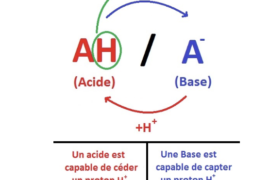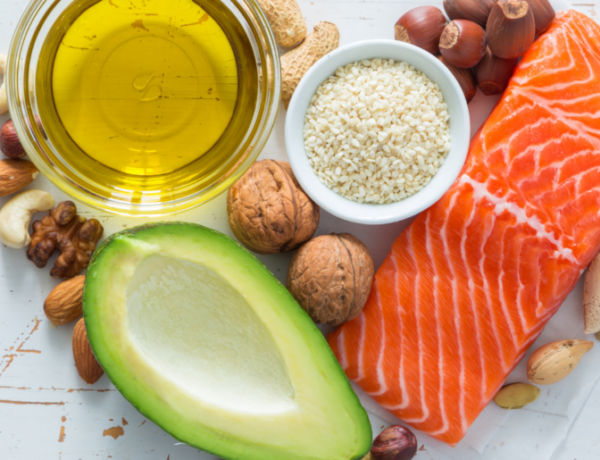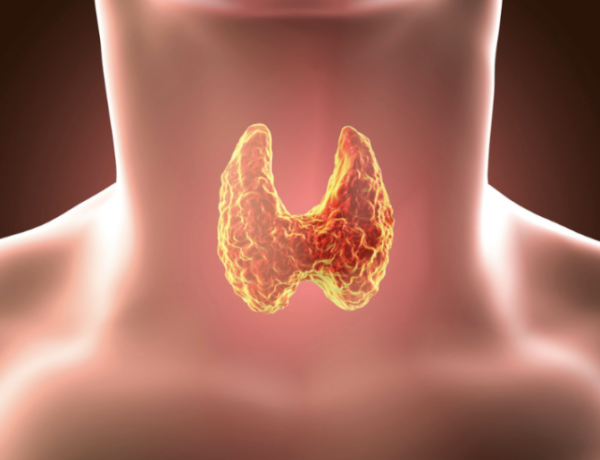- What is acidity and alkalinity?
It is a complicated concept, very often badly explained, which leads to many false beliefs and confusion.
People say: “you have to eat alkaline foods to be alkaline” = false!
“Meat is acidic, so if you eat meat you become acidic” = false! “The body must be alkaline to be healthy”: it means nothing!!!
An acid (AH): a chemical species capable of yielding/releasing/giving a proton (H+); capable of stealing negative charges from others.
H+ associates with water molecules, so water is less available.
In the body: acidic place = dehydrated place.
A base (A-): is a chemical species able to capture a proton H+. Indeed it needs it.
AH and A- are an acid-base couple.
The pH: Hydrogen Potential.
Is a measure of the chemical activity of hydrogen ions H+ (protons) in solution, often aqueous. It is a classification of the products of nature on a scale according to the concentration of the elements (H+): the more H+ protons there are, the more the pH is said to be acid; the less H+ protons there are, the more the pH is said to be alkaline.
The classification of products goes from 0 to 14: a pH of 0 is the most acidic; a pH 7 is neutral; a pH 14 is the most alkaline/basic (soap, lime, soda, potash).
- The pH of saliva is rather alkaline (6.5-7.4) otherwise it would attack the teeth.
- The pH of the stomach is acidic (around 2).
- The pH of the intestine is around 6.9.
- The pH of the urine does not reflect the degree of acidity of the body, and it varies a lot depending on what we eat.
- The pH of the blood is 7.4: this value remains constant.
So to say that the body must be alkaline to be healthy is to speak only of the pH of the blood and nothing else.
- How does the body handle acids in the body?
The blood receives acid products from digestion, metabolism, stress, pollutants, muscle movement, etc. on a daily basis. This is a NATURAL phenomenon, the body is adapted to regulate them.
Every time an organ or a muscle works, it produces acid waste; it is a normal process.
Example: When we breathe, we produce carbonic acid; when we think we produce phosphoric acid; when we exercise our muscles we produce lactic acid.
The only problem is when the amount of acid intake exceeds the body’s ability to process it.
- How do we regulate the acids in the body?
First, by eliminating acids through the kidneys, so urine is acidic (between 5.8 and 6.8).
Through respiration: H+ protons combine with bicarbonate ions to form water and carbon dioxide = breath.
Oedema: when the first 2 systems are overwhelmed, the body dilutes to decrease the toxicity in the blood.
Neutralization: thanks to the basic minerals (Ca, Mg, K) which capture the H+ protons which will then be eliminated. Storage in fats.
All this to keep a stable blood pH at 7.4 but at what price?
- Causes of acidification:
Endogenous: internal to the functioning of the body.
Exogenous: environment and food.
I/ Food: some foods are said to be acidic and others basic.
It is said that proteins (animal or vegetable) are acidifying: it
depends! That fats and carbohydrates are alkaline. It depends!
These lists are made in Vitro (not in Vivo) and mean nothing!
It is not the taste that determines the degree of acidity. It is the resultant
of acidic and alkaline products AFTER digestion and assimilation that
counts. Everything depends on the digestive and assimilative capacity of the individual.
We do not take into account the micronutrients of food (vitamins,
minerals, enzymes). The micro-nutritional content varies according to the place and the way in which the
animals and plants are raised. Even more important is the use of pesticides and fungicides. It all depends on the mixture of foodstuffs between them, which may or may not neutralize each other. During the same meal, there is a lot of
interaction that makes the food more or less acidic/alkaline. Typically we eat a protein (acid) with vegetables (alkaline) = neutrality.
What makes food acidic?
Chemical treatments; processed products; unripe fruits and vegetables (demineralized); demineralized soil where plants grow; poor quality animal feed.
What alkalizes food? The opposite!
II/ Stress: exogenous causes (overactivity, excessive sport, pollutants, heavy metals) and endogenous causes (poor digestion, infections, fatigue, insomnia, etc.)
III/ Lack of oxygenation: lack of exercise and breathing in natural air. IV/ Lack of renal elimination – adrenal fatigue – congestion.
- How do you know if you are acidified?
- The urine pH is useless: urine MUST be acidic;
- If the urine is alkaline, you lose minerals = not a good sign. If renal filtration does not work properly anymore: oedema – congestion.
- If exhausted = acidified = demineralized
- Osteoporosis; bone, tendon and muscle weakness.
- Nervous disorders that lead to neurodegeneration; depression ;
anxiety. - Sleep disorders
- Gum pain, weakness of teeth, hair, nails.
- Fatigue, exhaustion
- Dry skin and mucous membranes
- Mental fatigue
Conclusion:
The acid/base food lists are only indicative.
It is not necessary to try to eat as alkaline as possible as is sometimes advocated.
sometimes advocated. There are no generalized global standards; everything is individual.
To avoid being too acidic, one must: eat quality foods, digest them well, metabolize them
digest them, metabolize them, and eliminate them correctly.
You must rest, rebuild your adrenals and remineralize
(Quinton).
You need to breathe, i.e. walk, bike, swim, hike, etc. and / or
yoga, Taichi, conscious breathing in the open air…
The body takes care of the rest.









No Comments